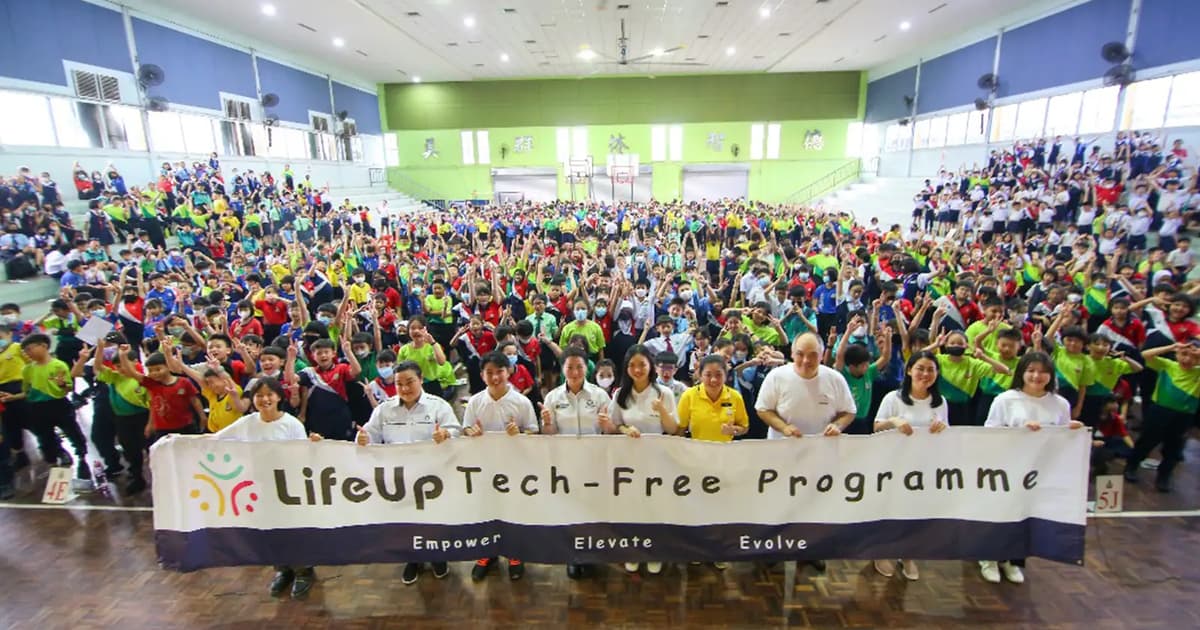
At the height of the pandemic, 15-year-old Liew Li Xuan spent up to eight hours a day glued to her phone. A harmless distraction soon spiralled into a form of digital addiction.
Endlessly scrolling through Instagram feeds and TikTok videos, accompanied by arguments with her parents over screen time, became a regular part of her life.
“I even quarrelled with my parents just over use of the smartphone,” she said. “It got so bad, my father had to step in: he changed the WiFi password and even confiscated my phone.”
Li Xuan said it was a wake-up call. “I realised I had to take control of my life.”

Taking control meant setting up LifeUp Malaysia in November 2023 with her younger brother Liew Yu Wei, then 14. LifeUp is a youth-led organisation dedicated to digital well-being, preventing cyberbullying and promoting scam awareness.
According to a 2024 global digital report, Malaysians are online for an average of 8 hours and 17 minutes a day – 4 hr 37 min on mobile and 3 hr 40 min on other devices
“At first, our friends rejected the idea,” Li Xuan says. “They told us it was impossible to put down their phones. But we wanted to show them it was possible — even if it meant starting with just a handful of people.”

Their very first initiative, an online Digital Detox Challenge, drew about 50 participants. Most dropped out after a day or two — “that showed us just how serious the problem was,” Yu Wei said. “But it also motivated us to keep going.”
Soon after, they began collecting data through online surveys. Nearly everyone reported at least two to three hours of daily screen time, and some admitted to more than eight.
Around 20% of respondents even said they had considered quitting social media altogether because of cyberbullying.
Recognising that the problem went beyond their circle of friends, they sought the help of experts, including psychiatrists and policymakers, to strengthen their message.
“We wanted people to take this seriously,” says Li Xuan. “So we sought endorsements and expert support. That’s how we built credibility.”
In just a year, LifeUp Malaysia gained national recognition, earning endorsements from Nestlé and attracting the attention of the Malaysian Communications and Multimedia Commission.
Now at just 18, Li Xuan was invited to serve as the Chinese-language speaker for Kempen Internet Selamat, and she was later named Malaysia’s Youth Ambassador for World Digital Detox Day.
The pair have big dreams for LifeUp: they hope to expand, with student-led chapters across Malaysian university campuses, and even abroad.
Beyond digital detox, they want to push into issues like AI ethics, digital law, and internet governance.
“Digital well-being doesn’t mean rejecting technology,” Yu Wei explains. “It means using it in a way that supports us, without letting it control us.”






